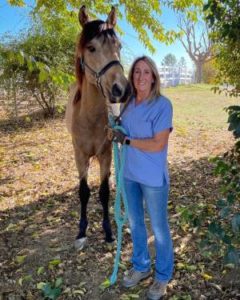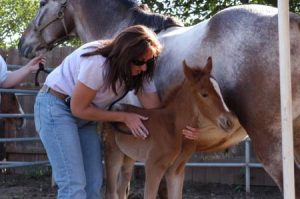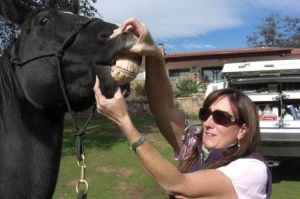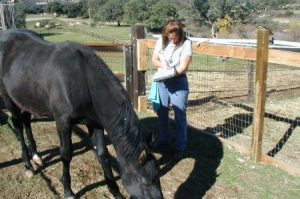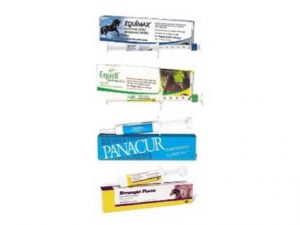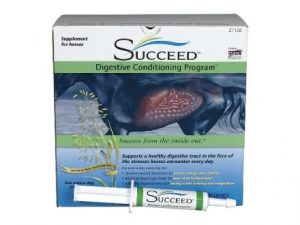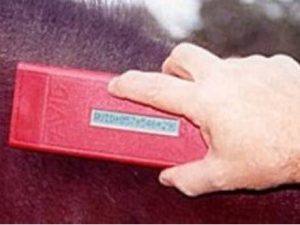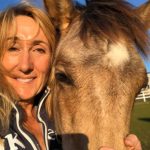+1 619-659-1180
Alpaca Care
The following information provides guidelines about the basic care for alpacas:
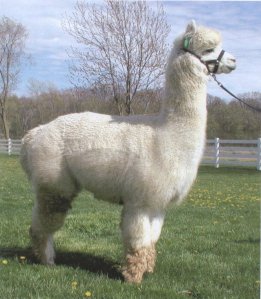
Shelters
Shelters are mostly needed to provide shade in summer and haven from winter’s cold wind and snow. For most climates a three-sided loafing shed that does not face into the wind or sun will serve the needs of your alpacas. Colder climates might need a barn. There are several excellent plans available in alpaca and livestock magazines that have storage areas configured into the shelter. See your local lumber supplier for price estimates and other suggestions.
Fencing
A perimeter fence, which provides adequate protection from predators, is a basic requirement. Most alpaca breeders prefer 5-foot no-climb fence. Since alpacas rarely challenge a fence, its primary purpose is to keep predators out. However, in areas of high deer population, eight-foot high fences or electric top wires may be needed to keep deer out. The most widely used fencing is welded or unwelded field fencing that has smaller holes on the bottom to keep out dogs and other critters.
Pasture Requirements
The pasture land requirements are minimal, except it would be a kindness to offer them sufficient room to run. The rule of thumb is no more than 8 animals per acre. There should be a number of separate areas for segregating the males from the females. Ideally, you would have separate pastures for breeding males, breeding females, and weanlings/juveniles. You will also need to clean up the poop piles daily. Alpacas are very neat animals and their dung piles are often places for socializing. They all go in the same area and frequently at the same time. Clean up is a breeze!
Feed
Good grass hay (such as orchard grass) will do. Each alpaca will consume 1-2 pounds a day, depending on pasture. Also you may feed a grain mixture with a mineral supplement included 1 – 2 times a day. Fresh, clean water must be available at all times. It is not a good idea to have a source of water such as a pond or stream within your pasture area. They may stand in it in hot weather causing the constantly wet fiber to rot. It grows back, but you will have some unsightly animals until it does and the loss of valuable fiber!
Feeding/Watering and Hay Containers
Durable heavy plastic containers work well for water and feed. Also you will want some kind of container for hay, such as a wooden hay box that holds a standard bale.
Veterinary
Alpacas are basically healthy animals and there is no disease that is specific to them. They are, however, subject to some diseases carried by other animals and require annual vaccination. Also a yearly worm vaccine is Panacur. Most alpaca breeders also vaccinate for rabies and CDT. Dr. Garfinkel is an experienced alpaca vet. If you have any questions or concerns about your Alpaca contact us at 619-659-1180.

